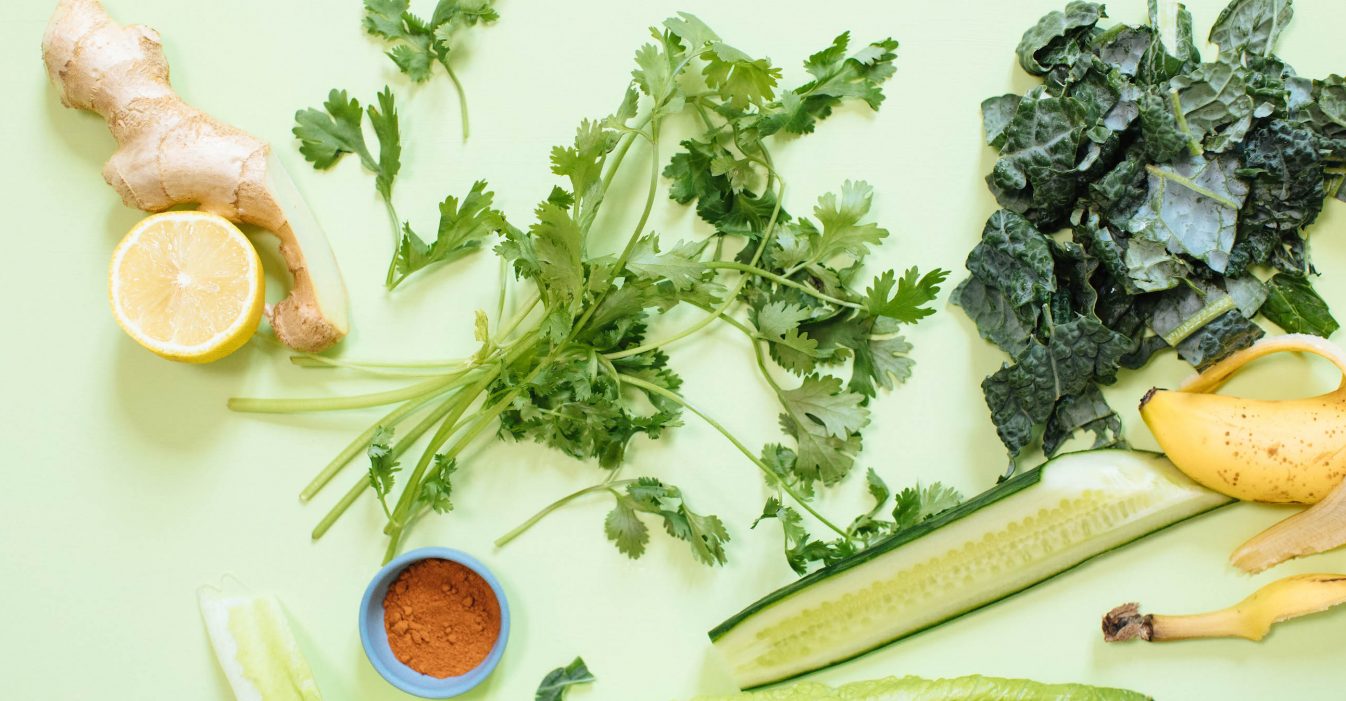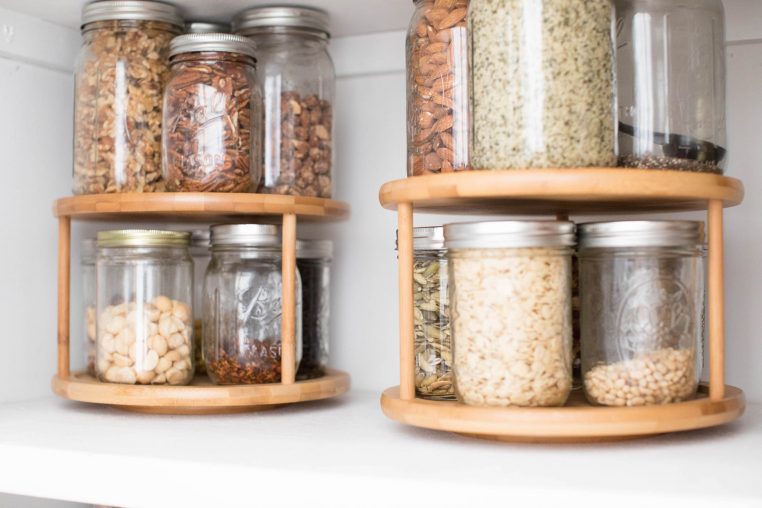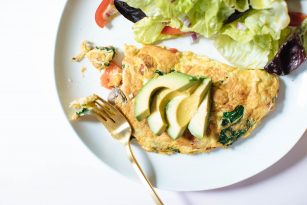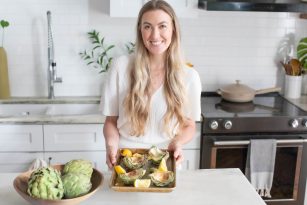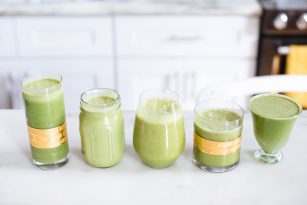Plant-based. I use this term routinely to describe what the NS lifestyle is all about, but exactly what is a plant-based diet?
I often have clients and readers ask me “am I plant-based if XYZ?”. My response is almost always a form of educating what a plant-based lifestyle is all about and the flexibility it includes. What matters more than a term, an identity, or a definition, is how you truly live your life and the food choices you make.
A plant-based diet means eating seasonally, shopping local produce when available, and, at the core, being mindful of the connection between the source of our food and the nourishment it provides to our body and mind. Therefore, plant-based is not another diet, fad, or dogma, it’s simply a lifestyle! This lifestyle embraces plant-based whole foods for optimal nutrition and nourishment.
What does it mean to eat a plant-based diet?
Eat a lot of plants: This is self-explanatory. At least 3/4 of your diet should come from plants such as fruits, vegetables, whole grains, nuts, and seeds.
Eat a lot of colors: Eating plants that are all the colors of the rainbow means you are eating more antioxidants and a larger spectrum of nutrients.
Eat healthy fats: Healthy fats help your body absorb fat-soluble nutrients. Fat is also vital to your health on a cellular level. Healthy fats include nuts such as almonds or walnuts, seeds such as chia or hemp, coconut oil, olive oil, avocado, salmon or other omega-3 rich foods. Try to eat some sort of healthy fat at every meal. Avoid vegetable oils and any hydrogenated oils since these have high trans fat contents that raise LDL cholesterol and can lead to inflammation.
Eat animal proteins mindfully, if at all: Since vegetables will fill up your plate, use animal proteins sparingly and always consume ethically raised and treated animals. Opt for organic, cage-free, and antibiotic free animal proteins.
Eat seaweeds: Adding seaweeds to your regular diet will help ensure adequate iodine intake.
Add superfood boosters: You don’t have to eat “superfoods”, but these nutrient-dense foods pack a punch for their small volume. Try maca, bee pollen, goji berries, cacao nibs, and medicinal mushrooms to fight inflammation, or check out your spice cabinet for cinnamon, ginger, garlic, and turmeric.
What are plant-based whole foods?
Examples of whole foods include:
- Vegetables such as dark leafy greens, herbs, and root vegetables
- Fruits such as bananas, grapes, apples, kiwi, goji berries
- Healthy fats such as avocados, nuts, seeds and a variety of grains, legumes
- Nutrient-dense foods such as quinoa, millet, buckwheat, beans, spirulina, goji berries, etc.
The list goes on and on with foods that are from the earth and what I would consider to be plant-based. If you need more inspiration on what plant-based foods look like, take a peek at the NS Food Index or any of the recipes here on Nutrition Stripped, all of which are majorly made up of plants!
We’ve talked briefly in my Plant-based Protein Q&A post about the different types of plant-based lifestyles ranging from vegan to pescatarian and answering some of the most common questions. Here’s a quick primer on the most common groups of plant-based diets and lifestyles.
Most common plant-based diets
Lacto-Ovo Vegetarian
Consumes both dairy and eggs + all other plant-based foods
Ovo Vegetarian
Consumes eggs + all other plant-based foods
Lacto Vegetarian
Consumes dairy + all other plant-based foods
Pescatarian
Consumes fish + all other plant-based foods
Vegan
Consumes only plant-based foods + no animal products
Raw Veganism
Consumes only plant-based foods only in raw form, no cooked foods over 115-118 degrees.
Q+A on a Plant-Based Diet
Are you “plant-based” if you consume animal proteins?
You might be if the bulk of your diet is rooted in plant-based foods, but you may not if a vegetable never touches your lips!
Are you plant-based if you only eat foods from plants, a.k.a. vegan?
You might be if the bulk of your diet is from plant-based foods, but if you consume “junk” vegan foods like cookies, cakes, and processed carbohydrates, then you’re not living a plant-based lifestyle. Simple as that. Being plant-based is universal, global, and adaptable to your lifestyle. That can mean eating little animal proteins, different types of foods from animals (i.e. dairy, eggs, etc.), or no animal foods at all (i.e. protein, eggs, and dairy).
Does it matter if you call yourself plant-based or not?
In all actuality no, it’s simply a way to describe the way your lifestyle is regarding your food choices and some of your lifestyle choices. Here on Nutrition Stripped, I’m all about promoting a healthy relationship with nourishing foods that happen to be plant-based and all from whole food sources. Plant-based whole foods happen to be the most nutrient-dense foods on earth, thus promoting optimal wellness and health. Plus these foods happen to taste delicious, are incredibly versatile, and keep us feeling and looking great from the inside out.
Take home point: if the bulk of your diet is rooted in foods from the earth and enjoyed in a wide variety according to seasons, then you have a “plant-based” lifestyle. But then again, does it really matter to get caught up in the hype of titles? You tell me!
So there you have it, my “definition” of a plant-based diet and what it means to me. I’d love to hear what plant-based means to you, share below.

